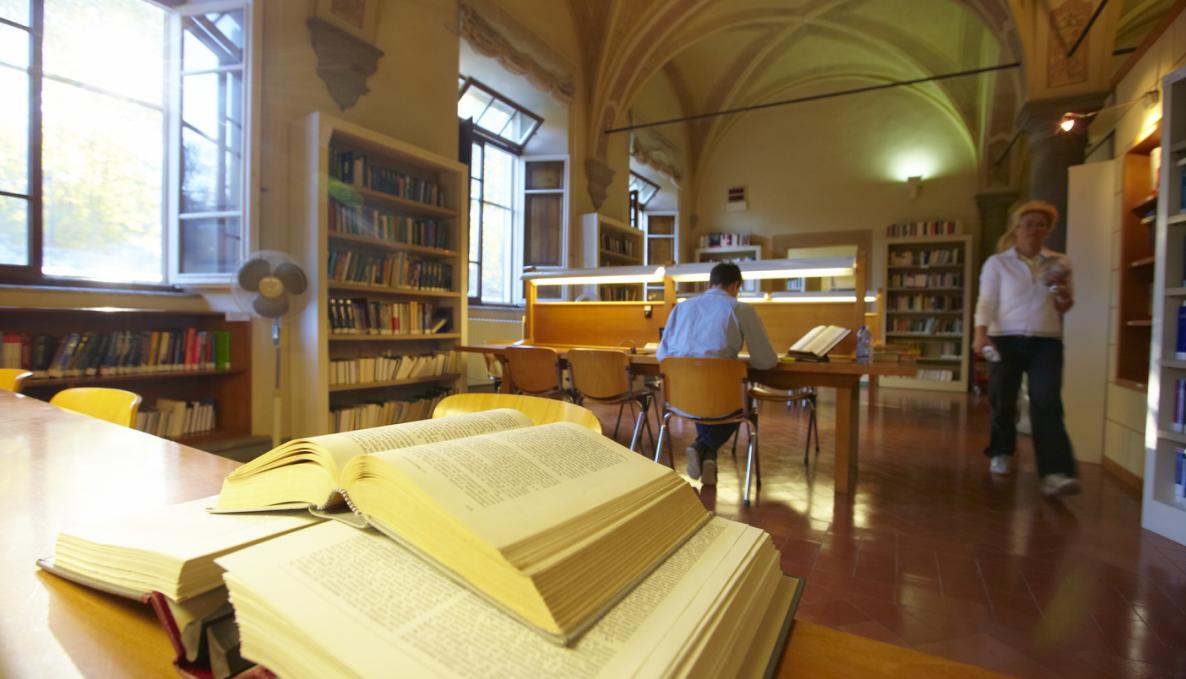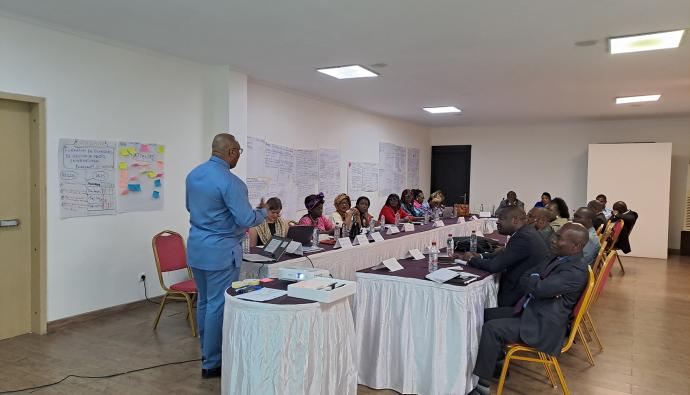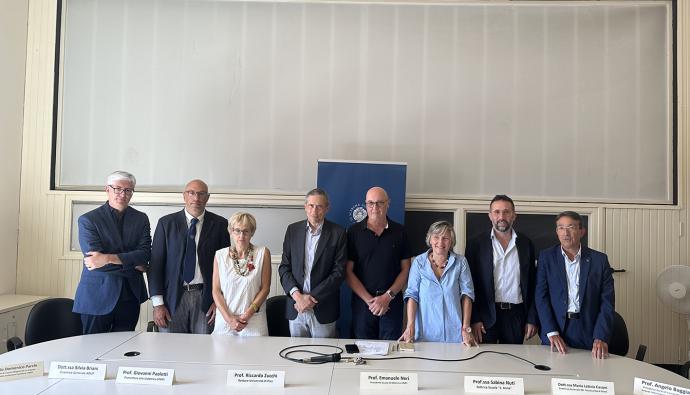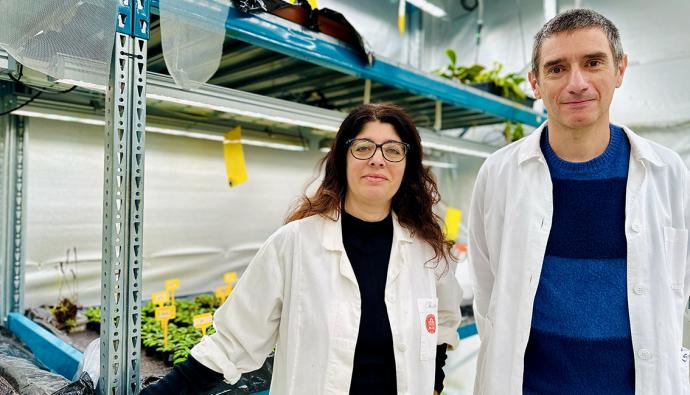WELFARE AS A MODEL OF FAIR RECIPROCITY. SANT’ANNA SCHOOL DIRPOLIS INSTITUTE (LAW, POLITICS AND DEVELOPMENT) SCHOLARS COOPERATED IN WRITING POLICY REQUIRING WELFARE RECIPIENTS TO GIVE BACK TO SOCIETY IN RETURN FOR BENEFITS

It is a ‘mandatory volunteering’ in return for the benefits received from social welfare programs. Elena Vivaldi, as the coordinator of the research area Power (Politics, Research, Regulations) of the Dirpolis Institute and Elena Innocenti of the Foundation Emanuela Zancan - Padova, under the supervision of Emanuele Rossi, Sant’Anna School Professor of Constitutional Law, have worked with Tuscany Region representatives in the policy-writing process of “Fair Reciprocity” regulation issued 25 February 2020.
The Tuscany Region “Fair Reciprocity” 2020 regulation introduces a mutual obligation policy for welfare recipients. In December 2019, Tuscany Region experts announced a broad regulatory policy to address public welfare issues including the model of integrated healthcare at the regional level that came into effect in October 2019.
The Fair Reciprocity for mutual benefit model requires individuals who received social benefits to comply with regional rules of reciprocity to ensure that welfare recipients return benefits to society. People can engage in voluntary activities for community service as a reciprocal relationship characterized by an exchange of benefits enhancing social solidarity.
In the real-life examples of reciprocal relationship, healthcare recipients or unemployed people or other economic vulnerable groups can now participate in volunteering programs for the public interest in a wide variety of sectors such as health and social care, environment, culture and education, equal opportunities and civil protection.
“Welfare recipients can increase the economic and social value of their activities by adding their personal contribution to society and to the notion of reciprocity by giving somethig back to community as an opportunity of redistribution and recognition – explain Elena Vivaldi and Elena Innocenti.”
The Sant’Anna School research team working on Power (Politics, Research, Regulations) issues address the major challenges to the contemporary welfare model. By promoting equity through regional strategies and programs that provide citizens with economic and social security, scholars have considered basic value of reciprocity to be a fundamental mechanism of the social contract and investigated its application to fair welfare policy. Emphasis was placed on fair chances and fair regulations made available to everyone through innovative policies that acknowledge a common framework of values and responsibilities to protect fundamental rights as provide by the Constitution.



